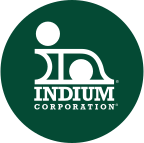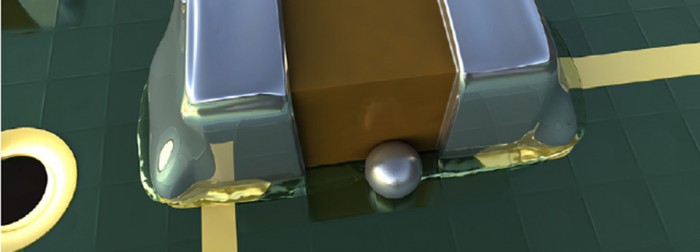Over the past few months I have received many inquiries from engineers who are just beginning to consider metal alloys as thermal interface materials. In looking at their existing stack-up, more and more are beginning to realize that the bottleneck in improving thermal performance of their device is through the interfaces between die and spreader or spreader and heat sink. The air gaps left behind from their pumped-out grease and high resistivity found in thermal tape, or best of all, thick thermal pads are not cutting it.
From the moment they realize the potential of indium-based materials, they are impressed by the numbers but the assumption is that pure indium foil is the only option because of its superior conductivity at 86W/(m-K). The options go far beyond this however, and I encourage considering all the options before making a decision.
Preforms:
Preforms are available in pure indium as well as alloys of indium such as 97In3Ag, 90In10Ag, or 52In48Sn. Other alloys such as those with a tin base are also considered for some devices. These preforms are available in many thicknesses from 0.001" and greater. Preforms may be applied and compressed to contact surfaces without heat application or reflowed to produce a soldered interface.
Phase Change Metals:
These materials are available as solid preforms and during elevated temperature operation, the solder melts conforming completely to all contacted surfaces. One of the most popular alloys for this use is Indium's alloy #19 composed of InBiSn. This alloy melts at 60°C.
Liquid Metals:
Metal alloys which have melting temperatures near or below room temperature can be dispensed onto substrates and if constrained to a specified area will continue to flow and remain in intimate contact with surfaces to provide impressive conductivity. Indium alloys #46L and 51 may be used in this way.
While all of these solutions may not be practical for every device, metal interfaces can be optimized to produce high performance interfaces which remove the thermal bottleneck from the interface location and provide long-term reliability. For assistance in finding the optimal material, please contact a member of Indium's technical staff.


